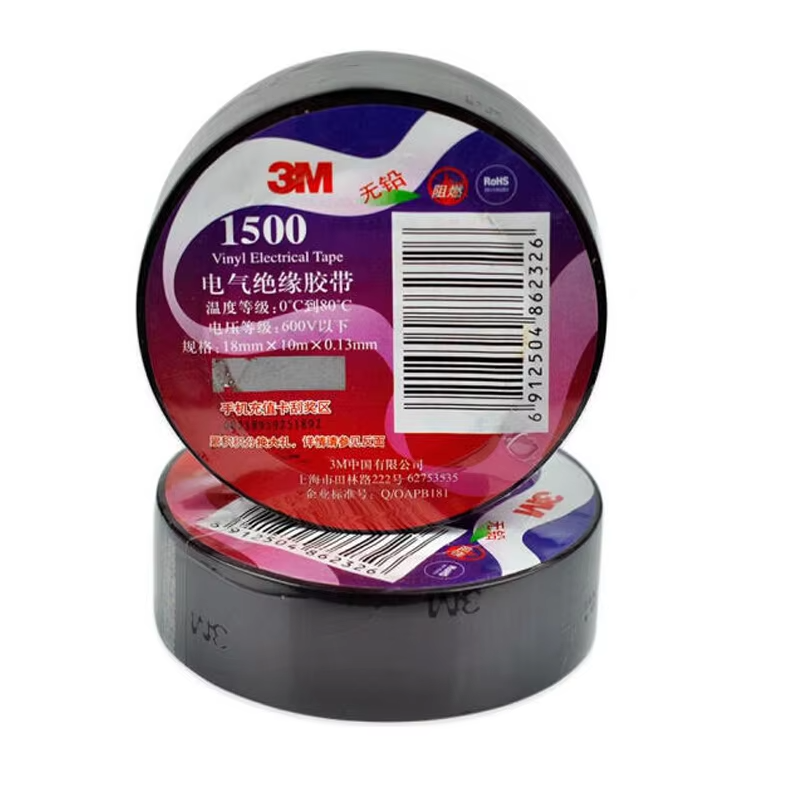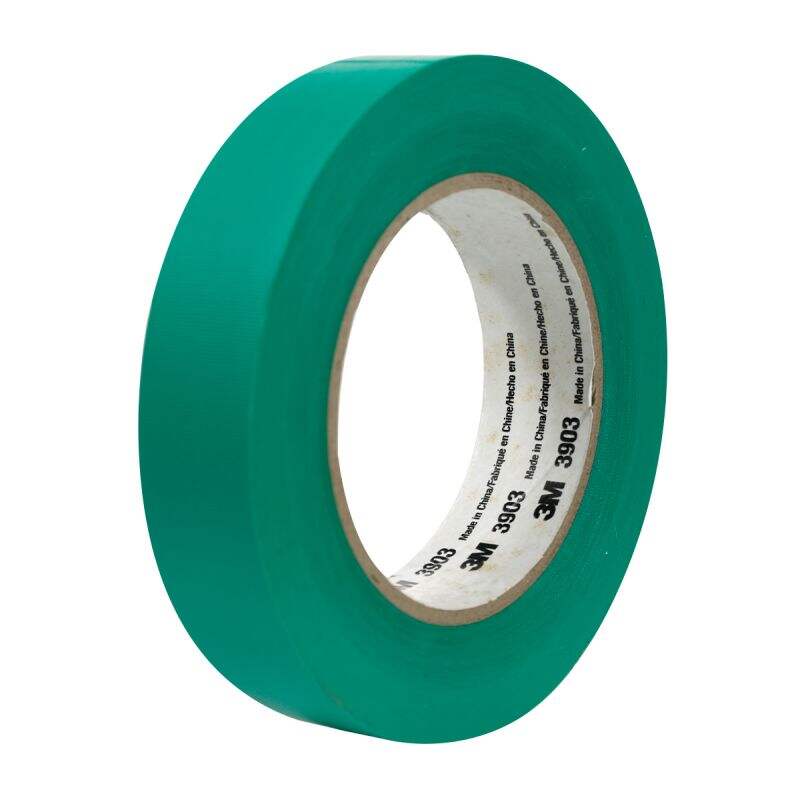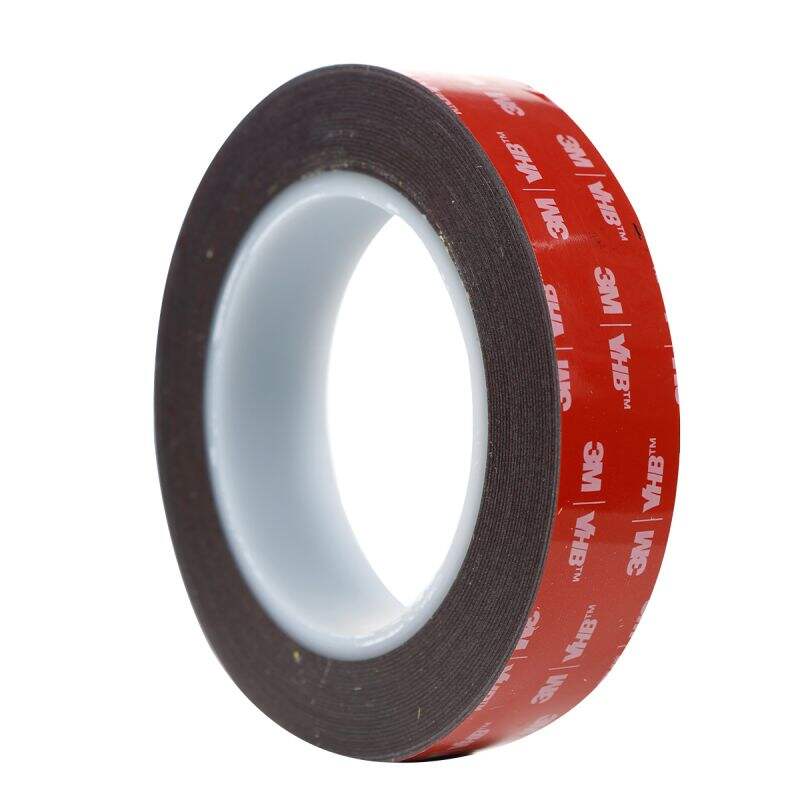Construction Adhesive Tapes Market worth $3.6 USD billion by 2028 Globally, at a CAGR of 5.7%, says MarketsandMarkets™
Chicago, July 14, 2024 (GLOBE NEWSWIRE) -- The Global Construction Adhesive Tapes Market is projected to grow from USD 2.7 billion in 2023 to USD 3.6 billion by 2028, at a CAGR of 5.7% from 2023 to 2028. as per the recent study by MarketsandMarkets™. The activities related to building and construction are still a major driving force behind this increased demand. Due to their many uses, these adhesive tapes are becoming more and more important in a variety of building tasks.
Based on technology, Over the projected period, the construction adhesive tapes market's hot-melt technology segment is expected to develop at the fastest rate in terms of both value and volume. Hot-melt adhesives are applied liquid and solidify upon cooling. They are made entirely of solid components based on thermoplastic polymers. Using hot-melt technology, sticky tapes are made by melting the adhesive and moving it to a coating head while it is still molten. The adhesive layer is then formed by pressing the molten adhesive through a die. Hot-melt adhesives are becoming more and more popular because of their quick setting time, low material and processing costs, and minimal environmental effect. In terms of technology use, solvent-based techniques are the most popular used technology.
Based on resin type, in terms of both value and volume, the acrylic segment of the construction adhesive tapes market is anticipated to develop at the fastest rate possible while the forecast year. The moisture vapor transmission rate of these tapes demonstrates their moisture permeability. The thickness and formulation of the adhesive layer determine how much moisture can pass through. Construction adhesive tapes with an acrylic basis are more robust and stable than those with a rubber base. Acrylic resin is in high demand because of its many applications in different building industries, cost-effectiveness, and favourable physical and chemical qualities.
Recommended Products
 Hot News
Hot News
-
TAPE Team Conquers Shenzhen’s Phoenix Mountain: Unity, Ambition, And New Heights In 2025
2025-02-21
-
The Role of Polyimide Electrical Tape in Electronics Insulation
2025-01-21
-
High Strength Double-sided Tape for Secure Bonding
2025-01-15
-
Durable Foam Tape for High-Performance Applications
2025-01-10
-
High Temperature Resistant Masking Protective Tape for Extreme Conditions
2025-01-01
-
Adhesive Tapes Market size is set to grow by USD 23.89 billion from 2024-2028, Increasing demand from end-user industries boost the market!
2024-08-22






